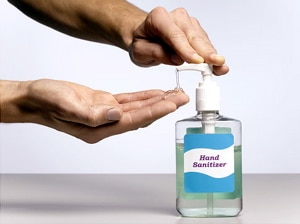- 21,365
- 812
- Joined
- Nov 20, 2003
 at Felixing
at FelixingFollow along with the video below to see how to install our site as a web app on your home screen.

Note: this_feature_currently_requires_accessing_site_using_safari
 at Felixing
at Felixing

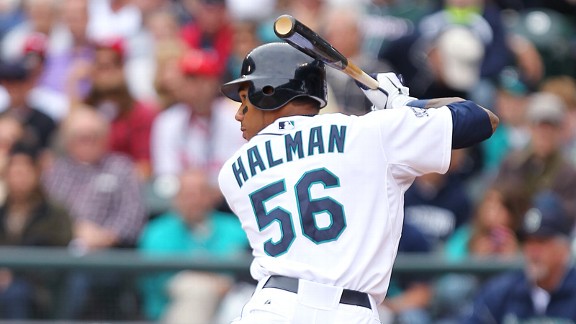



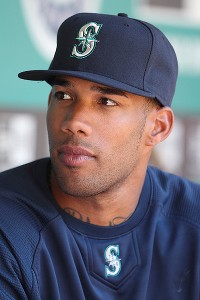


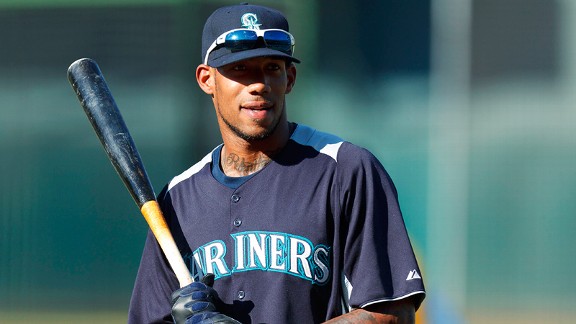
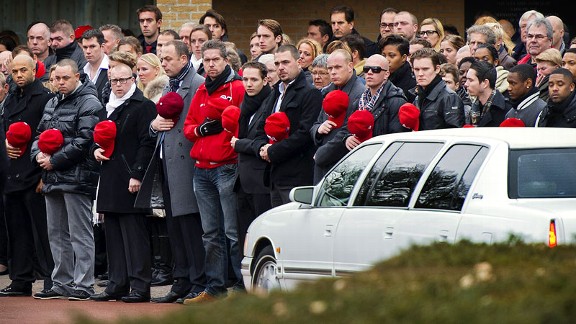


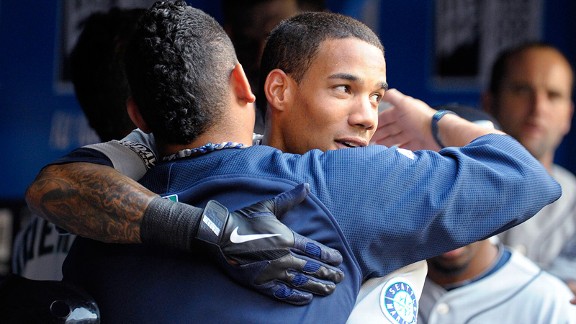
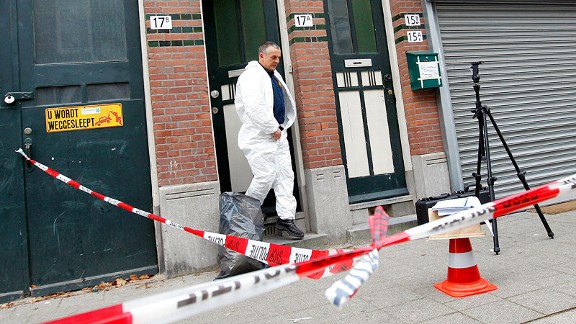

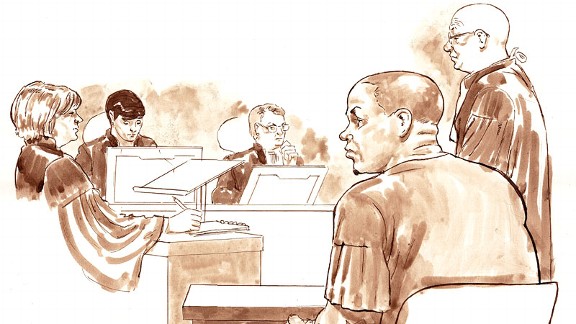
at Felixing

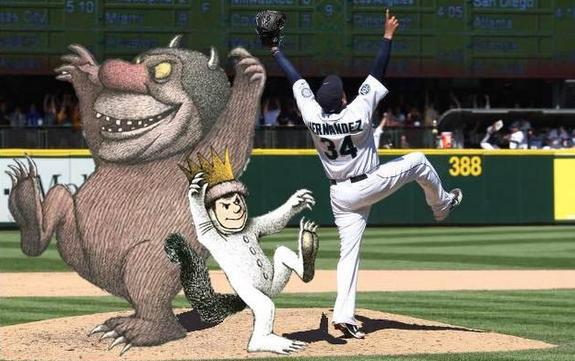










Sydney Leroux@sydneyleroux
Heading to the Seattle Mariners game!








8 straight, whodathunkit? Change the title!

 @ deflecting the jinx. Take ownership buddy.
@ deflecting the jinx. Take ownership buddy.